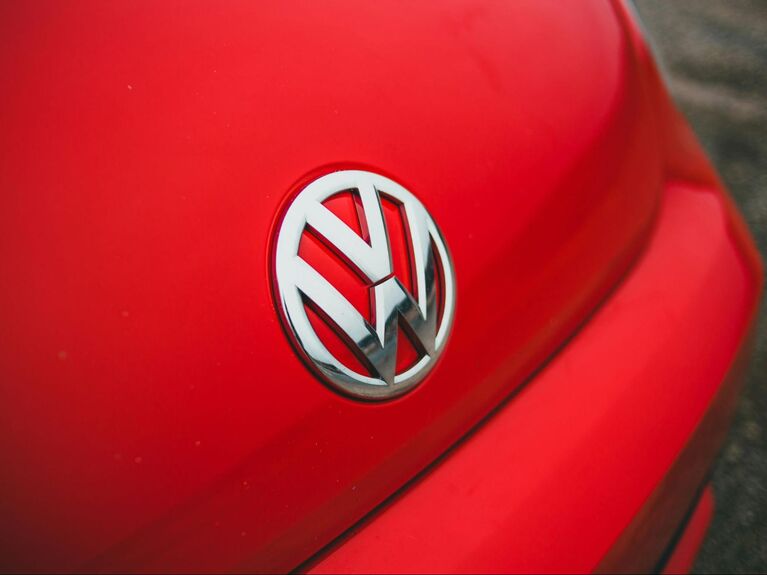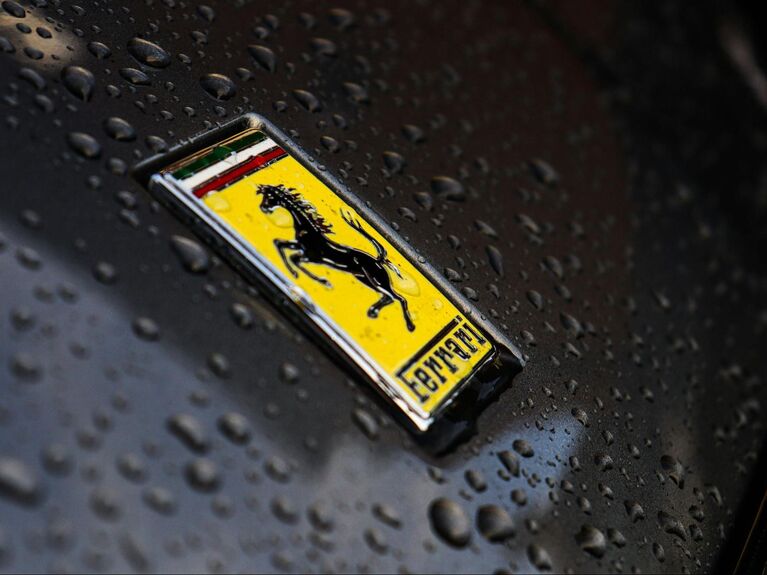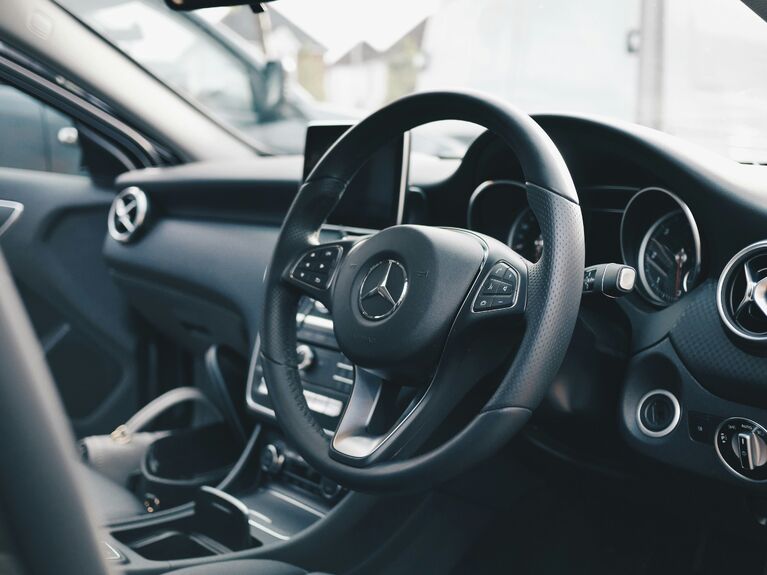
Credit: https://unsplash.com/photos/ZrAFxf40nJc
When considering the purchase of a car, especially a prestige car, there are many factors to keep in mind—comfort, style, technology, and performance, to name just a few. However, one factor that should not be overlooked is fuel efficiency, commonly represented by the acronym MPG, which stands for "Miles Per Gallon."
Understanding MPG
MPG is a unit of measurement that provides an indication of how efficiently a vehicle uses fuel. In essence, it tells you how many miles a car can travel per gallon of petrol or diesel. A higher MPG figure suggests that the car is more fuel-efficient, meaning it will cost you less to run in the long term. In the UK, where fuel costs are notably high, this is a particularly important consideration for any vehicle, prestige or otherwise.
Why is MPG Important?
Understanding the MPG of a car you're interested in buying is vital for several reasons:
- Cost-Effectiveness: Fuel can be one of the most significant recurring expenses associated with owning a car. A more fuel-efficient car will cost you less in fuel over time.
- Environmental Impact: Cars with higher MPG emit less CO2 per mile travelled, which is better for the environment.
- Resale Value: Fuel-efficient cars often have a higher resale value, as they are in greater demand.
- Longevity: A car that uses fuel efficiently generally exerts less wear and tear on its engine and components, thereby possibly extending its life.
How To Calculate MGP
MPG Calculation: Total miles driven / total miles of fuel used
- Fill the Tank: First, fill your vehicle's fuel tank completely.
Note the Odometer: Take note of your odometer reading or reset your trip metre to zero. - Drive: Use the car as you normally would. It's best to do a mix of city and motorway driving for a more accurate average MPG.
- Refill: When you are close to needing another full tank, fill your tank up again.
- Record Data: Note the number of gallons needed to refill the tank and the number of miles driven since the last fill-up.
- Calculate: Use the MPG formula to find out your average MPG.
Real-world vs. Manufacturer’s MPG
You may have noticed that car advertisements often feature MPG statistics. It's worth noting that these figures are obtained under controlled conditions and may not accurately represent what you will achieve in everyday driving. Factors such as driving style, road conditions, and even tyre pressure can affect fuel efficiency.
Increasing Your MPG
If you own a prestige car, chances are you didn't buy it purely for its fuel efficiency. However, there are several ways you can improve your car's MPG:
- Regular Maintenance: Keep your engine tuned and your tyres properly inflated.
- Drive Smoothly: Aggressive driving with rapid acceleration and heavy braking lowers fuel efficiency.
- Limit Idle Time: Idling consumes fuel. If you're stopped for more than a minute, it's more fuel-efficient to turn off the engine and restart it when you're ready to move.
- Use Air Conditioning Sparingly: Air conditioning systems can be a drain on fuel efficiency.
- Remove Excess Weight: Additional weight in the vehicle reduces fuel efficiency.
MPG is a crucial factor in determining a car’s running costs and its environmental impact. A luxury car doesn’t necessarily have to be a gas-guzzler, and with the right choices and driving habits, you can enjoy both style and efficiency. So the next time you’re in the market for a prestige car, remember to check its MPG. It’s a small detail that can make a big difference.
Luxury Cars with High MPG
Audi A4
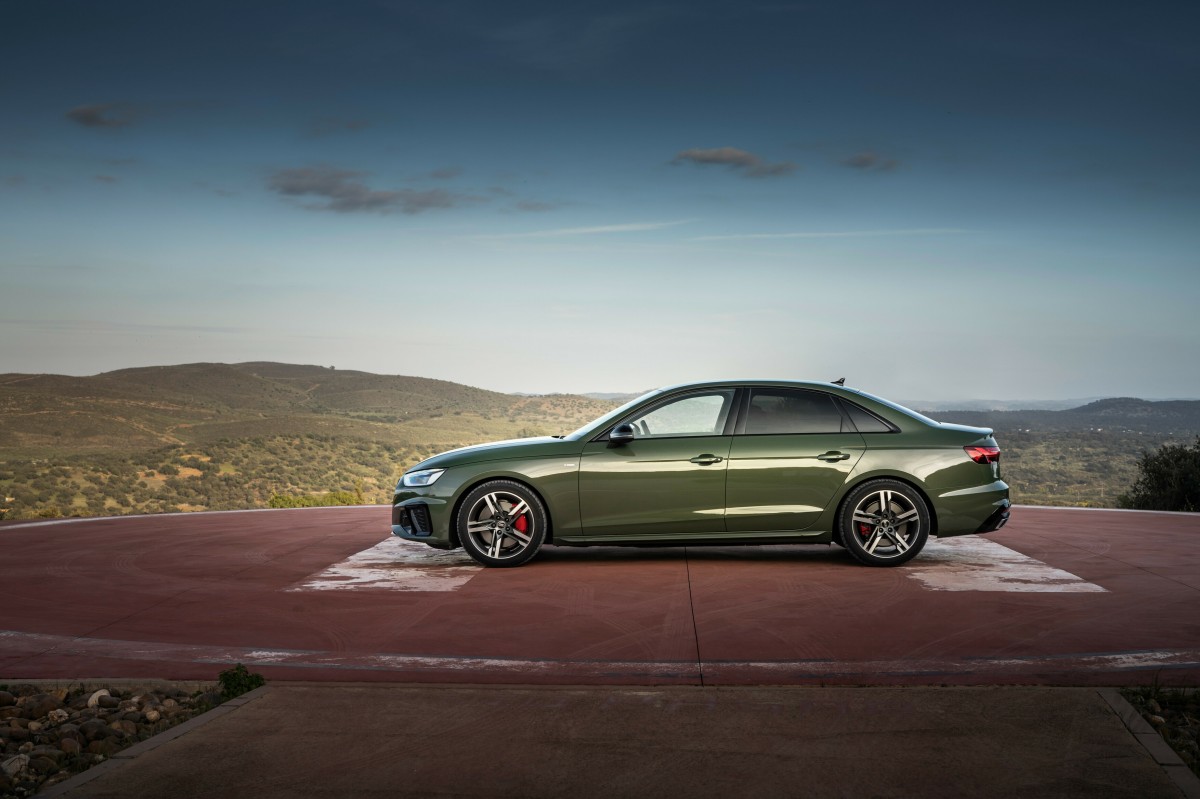
Credit: https://www.audi-mediacenter.com/en/audi-a4-24
Audi's A4 has always been a leader in the compact executive car segment. Its robust range of petrol and diesel engines offers a blend of performance and efficiency. On the more fuel-efficient side of the spectrum, some diesel models can achieve an average MPG in the high 30s or even low 40s, making it a strong contender for those looking for a blend of luxury and economy. Advanced aerodynamics and lightweight construction techniques further contribute to its impressive fuel efficiency.
BMW 3 Series
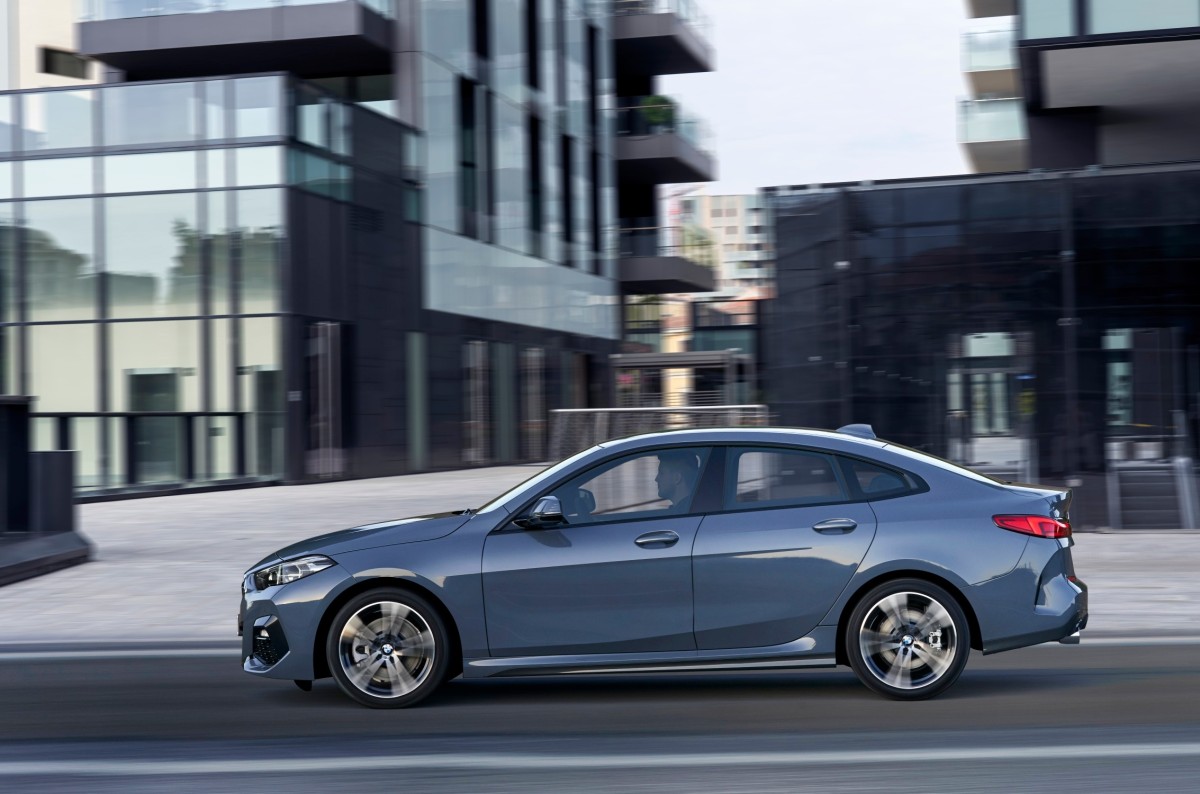
Credit: https://www.press.bmwgroup.com/global/photo/compilation/T0324984EN/bmw-model-revision-measures-as-of-spring-2021
BMW's 3 Series is renowned for its driving dynamics and has long been a benchmark in the executive car category. The line-up includes a variety of petrol, diesel, and hybrid options. While its performance-oriented models may offer lower MPG, the more fuel-efficient variants can achieve MPG figures in the mid-30s. BMW's EfficientDynamics technology, which includes features like brake energy regeneration and auto start-stop, helps to optimise fuel consumption.
Mercedes-Benz E-Class

Credit: https://media.mbusa.com/channels/channel-e684d4e83878653f2eddf98e23069091?selectedTabId=channel-e684d4e83878653f2eddf98e23069091-photos
The E-Class is Mercedes-Benz's answer to those seeking midsize luxury with a focus on comfort and technological innovation. With a range of engine options including petrol, diesel, and plug-in hybrids, the E-Class offers something for everyone. Some of the more fuel-efficient diesel models can achieve MPG figures in the high 30s. Mercedes' ECO Start/Stop system, which automatically shuts off the engine at stoplights to save fuel, is a standard feature that contributes to the car's overall fuel efficiency.
That’s how MPG is calculated. For more tips and advice, check out our blog or give us a follow on Instagram and Facebook. Looking to sell your car for one with a higher MPG? Enter your reg and mileage below and start your free, no-obligation quote today!


